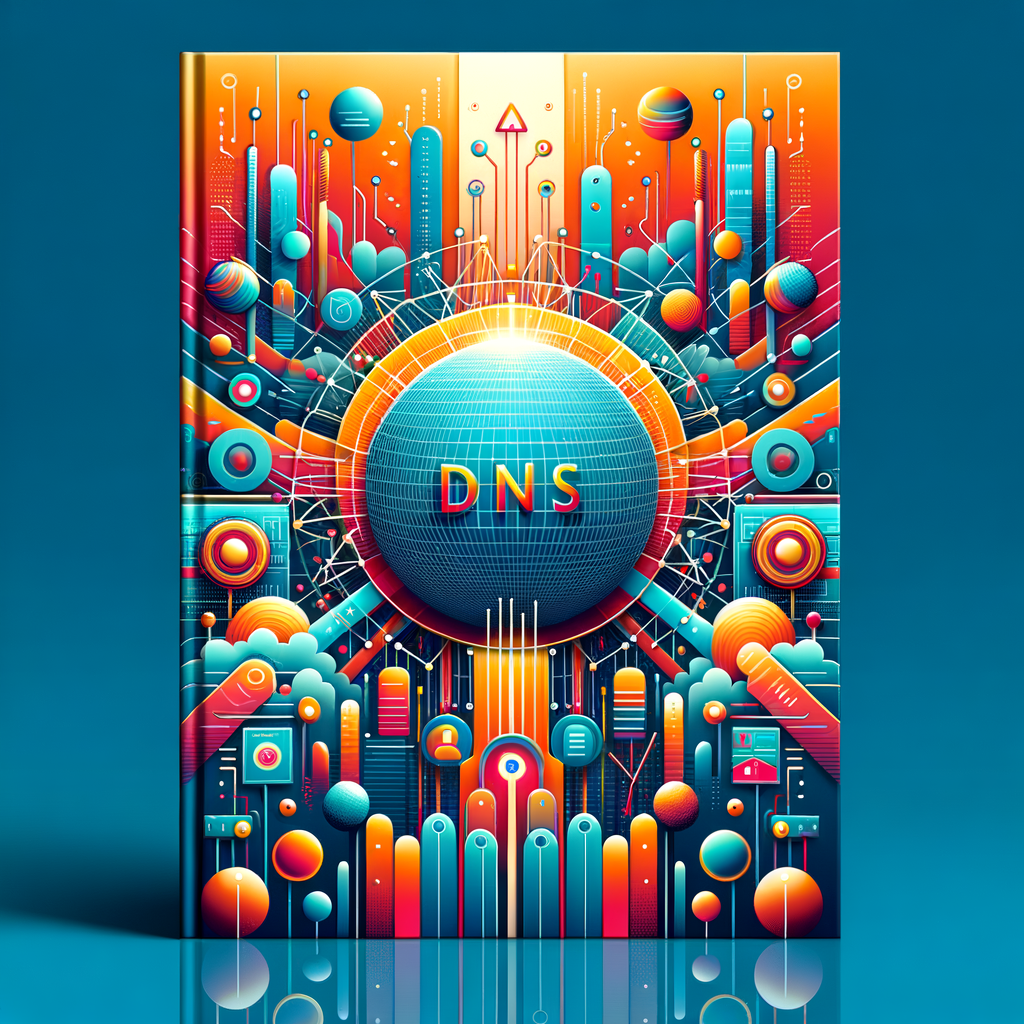DNS Leak Paper Published
 Peter Membrey
Peter Membrey
In our ever-connected world, the significance of online privacy and security cannot be overstated. Virtual Private Networks (VPNs) have become essential tools in the arsenal of users aiming to safeguard their privacy. However, emerging vulnerabilities within these systems, specifically DNS leaks, pose new threats to user privacy that are not widely understood. My recent whitepaper, published on Engrxiv, delves into this issue, introducing the categorization of DNS leaks into Type 1 and Type 2 and discussing their potential of severe implications for privacy and security.
The Core of DNS Leaks
A DNS leak is a security flaw through which DNS queries are transmitted outside the VPN tunnel, exposing personal internet activities to Internet Service Providers (ISPs) or other prying eyes. This paper expands the understanding of DNS leaks to a newly identified Type 2 leak, where DNS requests, although routed through the VPN, end up being processed by non-secure, ISP-linked DNS servers. This subtler form of leakage does not expose the user's IP address but still potentially allows ISPs to track user activities.
Why Should You Care?
For the privacy-conscious, understanding the nuances of DNS leaks is crucial. The paper details how even when using a VPN, users might have a false sense of security if their DNS queries are mishandled. These leaks can lead to targeted advertising, censorship, or worse, a breach of privacy in sensitive personal or business communications.
Proposed Solutions
The paper proposes robust mitigation strategies for VPN providers, emphasizing the need for server-side protections and the strategic use of whitelisted DNS servers to ensure that DNS queries do not fall into the wrong hands. These recommendations aim to reinforce the integrity of VPN tunnels and protect user data from leaks.
Real-World Implications
Through a series of real-world scenarios, the paper illustrates how DNS leaks can affect users. From coffee shops collecting data for marketing purposes to hotels potentially monitoring guest activities, the implications are serious. These scenarios underscore the critical need for comprehensive security measures that address all types of DNS leaks.
Conclusion and Forward Path
You can read the full paper on Engrxiv, titled "Shedding Light on Hidden Dangers: A New Perspective on DNS Leaks" here. This research not only broadens the definition of DNS leaks but also equips both users and VPN providers with the knowledge to better protect themselves against these insidious security threats.
Subscribe to my newsletter
Read articles from Peter Membrey directly inside your inbox. Subscribe to the newsletter, and don't miss out.
Written by

Peter Membrey
Peter Membrey
Peter Membrey is the Chief Engineering Officer at ExpressVPN and has been with the company since 2016. He is the creator of Lightway , a state of the art Open Source VPN protocol that protects millions of users every day with a focus on security and privacy. He was also one of the core creators of TrustedServer, the VPN industry’s first true RAM only server. Peter is also a Chartered Fellow of the British Computer Society, a Chartered IT Professional and a Chartered Engineer. He has a doctorate in engineering and a masters degree specializing in Information Security. He has co-authored over a dozen technical books and a number of research papers on a variety of topics. He is also an IEEE Computer Society Distinguished Contributor, has written for the IT Professionals New Zealand Blog and has appeared on national TV in New Zealand to offer insights into cyber security. Although he works in industry, he remains very interested in academia and is actively looking for opportunities to conduct research and work with academics and students in the privacy field. His primary focus at the moment is Internet Privacy and the technologies that make that possible. His role is primary R&D and hopes to publish papers in peer reviewed journals in the near future. He is also looking at founding a VPN industry centric conference. Apart from this, he is also interested in time synchronization, particularly dealing with variable latency networks.